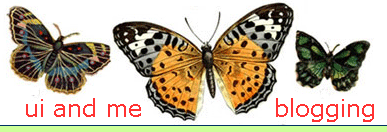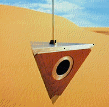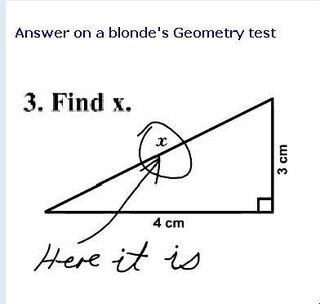I was not sure if this site was for real or tongue in cheek . . . which just shows how massively uncool I am.
http://www.fashionarchitecturetaste.com/2005/11/stroom.html
Troll the site, then go a read an article about the Blue House,
http://www.hughpearman.com/articles3/fat.html
then gasp with appreciation.
Connectors: Notes on Session 11 of TED2024
1 week ago



